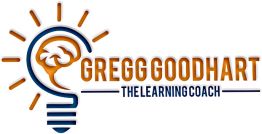Articles
This article originally appeared in The American String Teacher, the journal of The American String Teachers Association.
In our excitement to understand how the most complex system we know of, the brain, goes about learning we’ve internalized a type of ‘folk knowledge’ as to the role music plays in developing our learning capacity and efficiency. If as many people who say they do actually believe that music makes you smarter did, music enrollment would be bursting at the seams.
Below are three versions of my overarching initial presentation on high efficiency learning, how it works, what talent means, how one can discipline oneself to do the work, and much more. If you are looking for a previous presentation from a conference or site visit I did this one contains everything since my first general presentation in Providence, RI in 2013, and all additions after. If you would like a specific previous version please message me and I’ll send you the PDF. Right now there are three groups I tend to work with. I plan to add a business consulting version soon.
